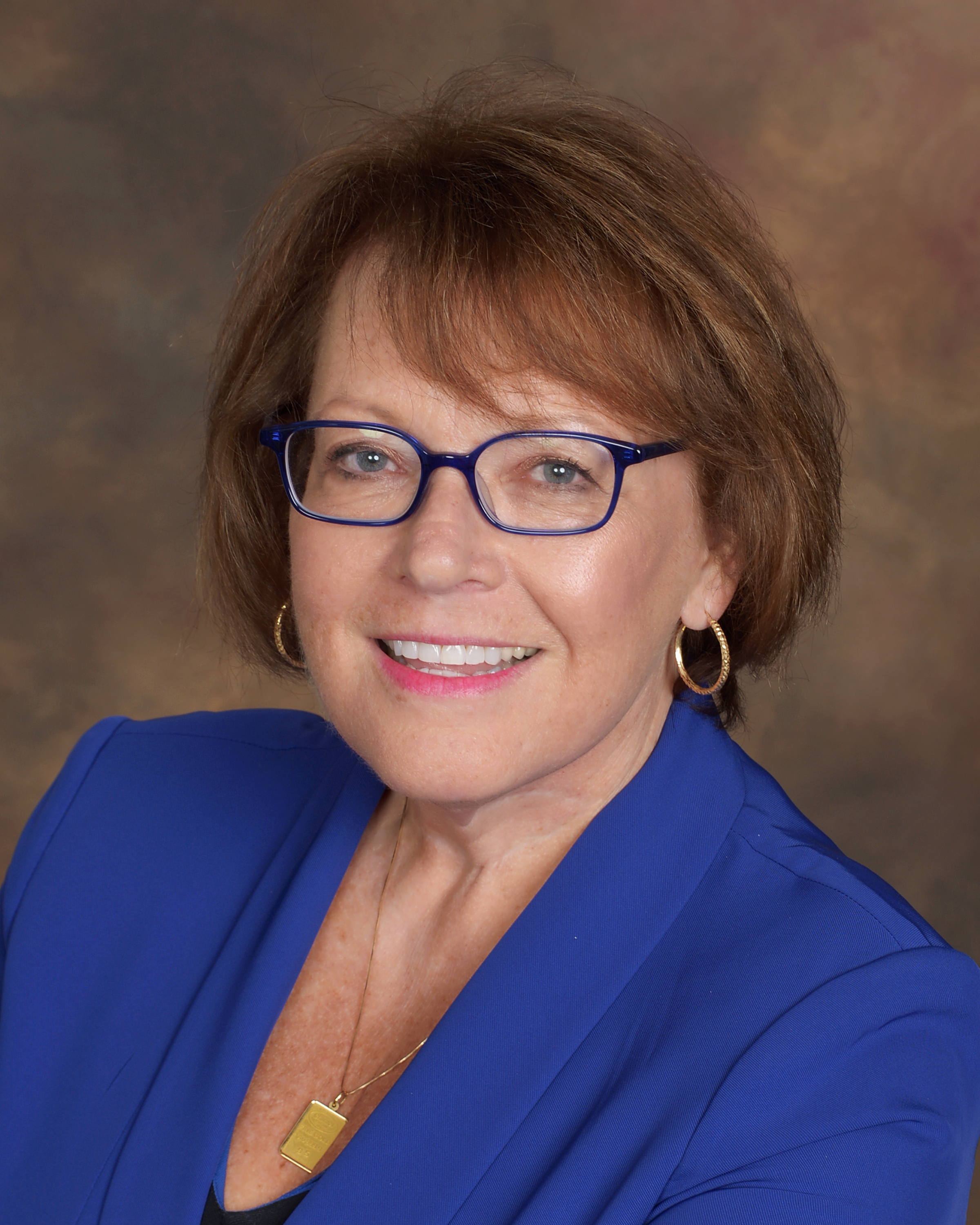Credentialing & Privileging | 05.12.20
2020 Annual Report on Medical Staff Credentialing
By Vicki Searcy, Vice President of Consulting Services, VerityStream

On a yearly basis, the VerityStream consulting team puts together a comprehensive report on medical staff credentialing based on survey results from 900+ MSPs. In the 2020 Annual Report on Medical Staff Credentialing, we compared this year’s results with those of previous surveys (this is the fourth annual report). One of the items where we noted a theme was the lack of progress made in a number of important initiatives due to “political resistance to change.” As we thought about this political resistance to change (which was no surprise to us — we regularly have the challenge of working with groups where this type of resistance can impede progress), we talked about how to surmount this obstacle and not have a project stalled or completely derailed.
Political Resistance to Change
Political resistance to change from internal stakeholders and/or providers is one of the issues frequently identified as a barrier to making positive improvements across the following initiatives:
- Process improvement
- Provider data management
- Centralization and enterprise standardization
- Service expansion
Political resistance relative to centralization and enterprise standardization was rated highest in this year’s survey results. This should not be surprising to those who have worked in credentialing and privileging for any length of time. Historically, medical staff organizations have been slow to make changes and when the issue involves changes in how credentialing or privileging is defined and carried out. When these changes are proposed in order to standardize with other organizations, there is a loss of control. It has been our experience that medical staff organization leaders are typically invested in their own credentialing processes as well as their own privilege forms and related criteria. They may have spent much time and effort working on them. They understand their own processes and forms. Asking them to change their processes and forms for the greater good of a health system is often not appealing.
MSPs fear the loss of control — and potential loss of employment — as well. For example, if privileges are standardized and managed centrally, rather than by each facility that is part of a health system, the facility MSP is losing part of their job. And, furthermore, it may be part of the job that the MSP most enjoys. Often, in these cases, MSPs and medical staff leaders will create boundaries in order to stall or stop a standardization project.
How to Overcome the Fear of Change
First of all, the involved MSPs must be supportive of the changes from the beginning. If the MSP is not supportive of a standardization project, they can have a negative influence on the medical staff leaders. Conversely, supportive MSPs can have a tremendously positive impact on an initiative and can calm doubts of medical staff leaders and others.
Second, when a standardization project is proposed to medical staffs, their leaders (the VPs, CMOs, etc.) must be spokespersons for the project and lobby for it. Fortunately, it is becoming more common for standardization projects to come from physicians themselves. They may be completely tired of completing multiple privilege forms within the same health system and ask for one form. Medical staff leaders may understand the implications of having varying privileging criteria within the same health system. The key for medical staff leaders is to keep physicians focused on the benefits of standardization and put in place a project structure where there is ample opportunity for respected voices to be heard throughout the project.
It should be noted that occasionally, in an honest effort to be collaborative, administrative health system leadership will ask medical staff organizations to weigh in on purely administrative issues. This can be a huge mistake. Once administrative leadership asks the question, they are stuck with the answers. It is best that administrative leadership make decisions about how to provide support for medical staff organization functions. Standardizing privilege forms across a health system, however, is definitely an endeavor in which each medical staff organization must be involved and one for which support must be obtained by being transparent about the benefits as well as the necessity for cooperation among the involved medical staff organizations.
MSPs, you are in the enviable position of having a lot of influence on the medical staffs with whom you work. We are proud to work with MSPs who use their influence in the best interests of their organizations and the patients that their organization serves. For those of you interested in seeing the full report, download it here.
This article is sponsored by VerityStream. The content of this article is not sponsored or endorsed by NAMSS.
 As VP of Consulting Services for VerityStream, Vicki Searcy and her team work with customers through implementation, helping them streamline and adopt best practices. Before joining VerityStream in 2008, Vicki managed several credentialing and privileging practices, led a national healthcare accreditation and compliance consulting practice for a prominent firm, and was a surveyor for the National Committee on Quality Assurance and president of the National Association Medical Staff Services.
As VP of Consulting Services for VerityStream, Vicki Searcy and her team work with customers through implementation, helping them streamline and adopt best practices. Before joining VerityStream in 2008, Vicki managed several credentialing and privileging practices, led a national healthcare accreditation and compliance consulting practice for a prominent firm, and was a surveyor for the National Committee on Quality Assurance and president of the National Association Medical Staff Services.
Vicki Searcy, Vice President of Consulting Services, VerityStream